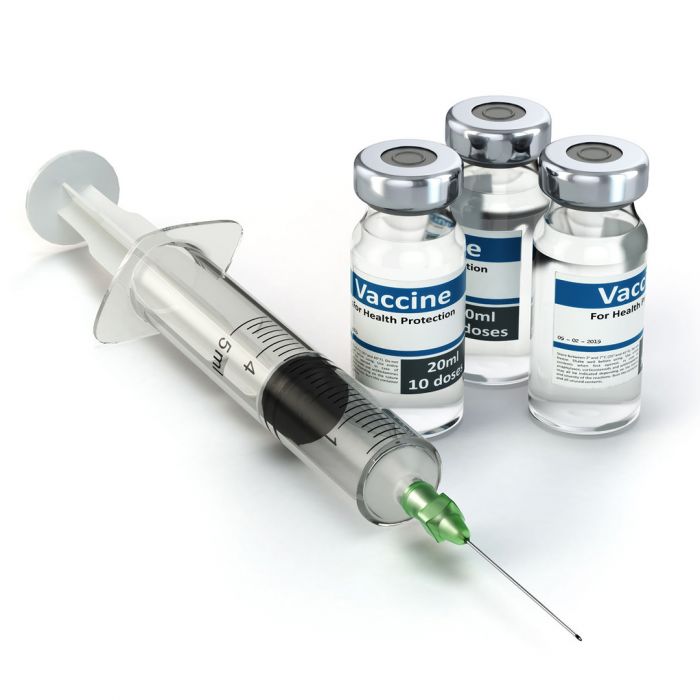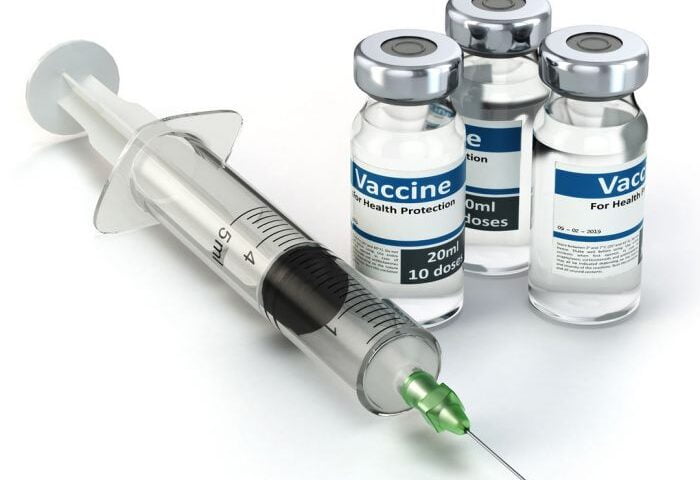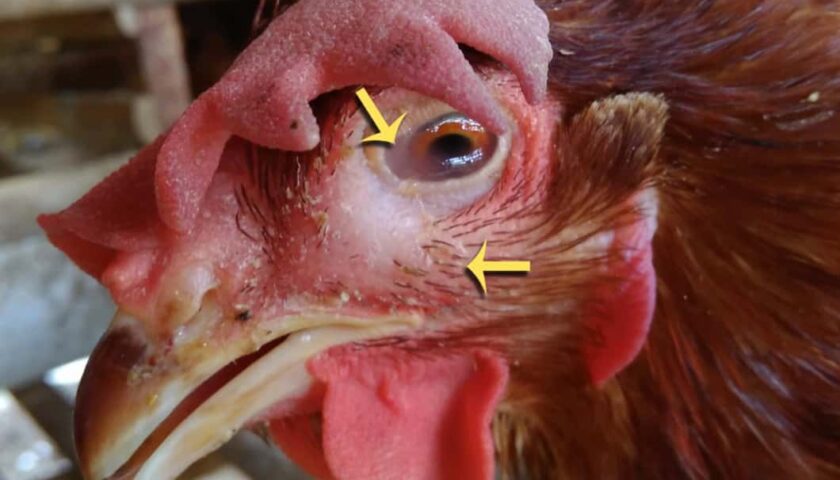Importance of Livestock Vaccination:
Treatment or prevention by vaccination was discovered by the English scientist, Mr. Edward Jenner who in the 18th century discovered that cattle herders in certain areas did not get smallpox because the cows had cowpox.
– A vaccine is not a medicine like antibiotics, sulphonamates and the like, but a special ”mixture” containing microorganisms that cause the disease in question, but their severity has been reduced so that they do not cause harm to the vaccinated person or animal. –
A vaccine causes the animal’s body to prepare ”soldiers” called antibodies which, when live microorganisms of that type enter the body, fight against these soldiers.
– These ”soldiers” can stay in the animal’s body for a specific period of time. If its strength decreases, the vaccine must be given again. Experts know the appropriate time for repeated vaccination, which can be three months, six months or a year.
– Vaccination increases the animal’s ability to defend itself against diseases as well as reducing white blood cells called ”leucocytes”.
BENEFITS OF VACCINATION:
– Vaccination is a surefire way to protect livestock health.
– Vaccination controls incurable diseases.
– Vaccination controls diseases caused by viruses, there are also vaccines for diseases caused by bacteria:
– Vaccination is mainly used to control the following diseases:
– Rinderpest
– Rabies disease –
Anthrax
VACCINATION REQUIREMENTS
: – The farmer must ensure that only healthy animals are vaccinated
– A veterinary health professional must be involved in this activity.
– Chickens are vaccinated for the following diseases:
– Marek’s Disease – Chicks on the first day.
– Kideri Disease – Chicks on the seventh day.
– Gumboro Disease – Chicks on the fourteenth day.
– Smallpox Disease – Two months old.
Vaccination is important for all livestock species to avoid the possibility of spreading various diseases.
Vaccination for cattle, goats and sheep
– Foot and mouth disease: Once every year.
– Anthrax: Once every year. –
Pneumonia
: Once every year. – Rift Valley Fever: Once every year.
– African Horse Fever: Once every year.
SUCCESS OF VACCINATION:
Vaccination can achieve its intended results if:
– The vaccine is not exposed to heat or sunlight.
– The animals are in good health before vaccination
– The vaccination service is provided by professionals in this field.
………………………………………………………………………………………………………………….




